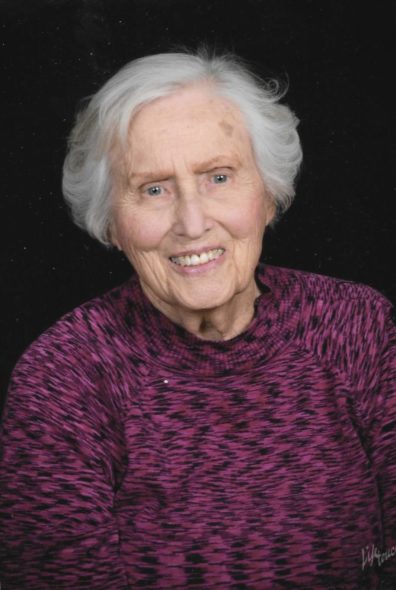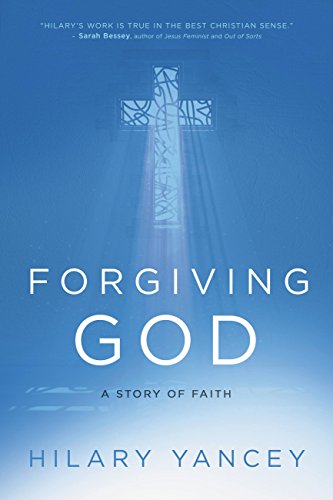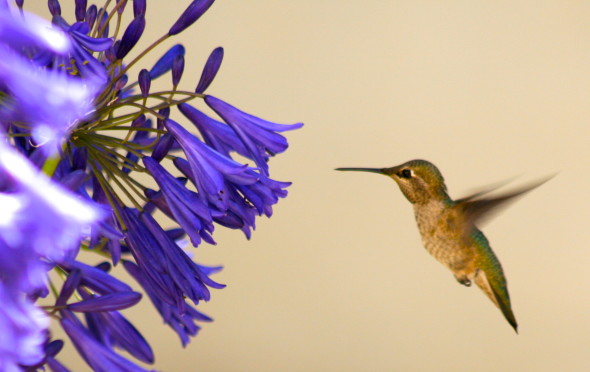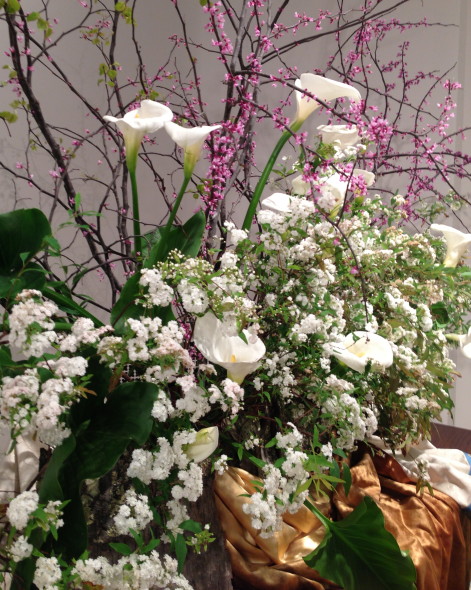“If I could ask anything of us, this ragged band of us looking for a way home, crossing the Jordan River, it would be to believe wider for each other.” — Hilary Yancey,
in “Forgiving God: A Story of Faith,” pg.57.
I have heard the truth that ‘thoughts and prayers’ are not enough. This is a phrase shouted by voices around the world in recent days, words that flow from the painful experiences of those who are oppressed, victimized, traumatized, ostracized, threatened, abused and neglected. And these words are true. Thoughts and prayers are too often not enough, at least in the way ‘thoughts and prayers’ are so often understood and defined.
I find myself wondering if we have allowed our language about prayer to descend into the realm of cliché because we have not fully grasped what prayer is and what prayer can do. I am in the late autumn of my life and I still do not fully comprehend either the definition or the experience of prayer. It is an idea we use (and abuse) far too easily, I think, a word better saved for deep times of soul connection and firm commitment. It is no small thing to promise someone that you will pray for them; no, it is not.
Hilary Yancey’s words, quoted at the top of this post, are from her new memoir, which tells the story of a difficult pregnancy. In it she details the emotional and spiritual peaks and valleys of living with the hard news that her son would be born with a face that is different from most other people.
Hilary prayed fervently for a miracle, for an erasure of the ultrasound and MRI results, for healing for her son. Healing came, but not in the way Hilary prayed it would. The healing came—and continues to come—in Hilary’s spirit and in her good, good mind. And what she came to understand about prayer in the midst of this particular inferno is a lovely and helpful thing to read.
She talks about the prayers of others—friends nearby, friends far away and friends gone ahead to life eternal. There was the friend who asked just the right question at a difficult time early in her son Jack’s life and who then said, “I will believe that God is love for you, I will pray to the God who I know is love for you. I will hope for you.” (pg.42)
Can you imagine a better way to pray for a friend in the depths? This, this, is what we can do for one another, friends. We can come alongside in the midst of suffering and hold faith for the one who is losing it. We can offer hope to the hopeless, we can breathe love on those who don’t dare to believe in it, we can be love and hope at work in the world by the way we pray. Learning to listen well—to God and to one another—and learning to pay enough careful attention to ask the right questions, we can move away from trite promises of “thoughts and prayers” to real, earnest, spiritual work.
Because that is what prayer is—it is a wide believing in the power of Love at work in the world, a believing that encompasses the pain and struggle and loss that come to all of us. More particularly, prayer for another also includes naming the work that must be done for change to happen, and then doing it.





























